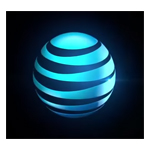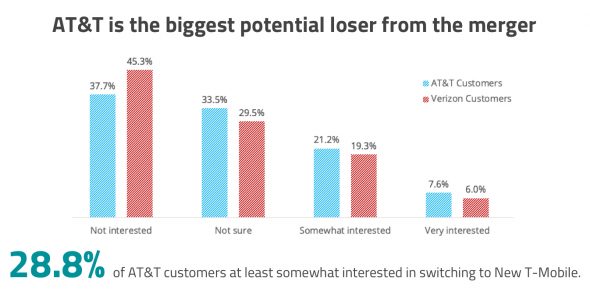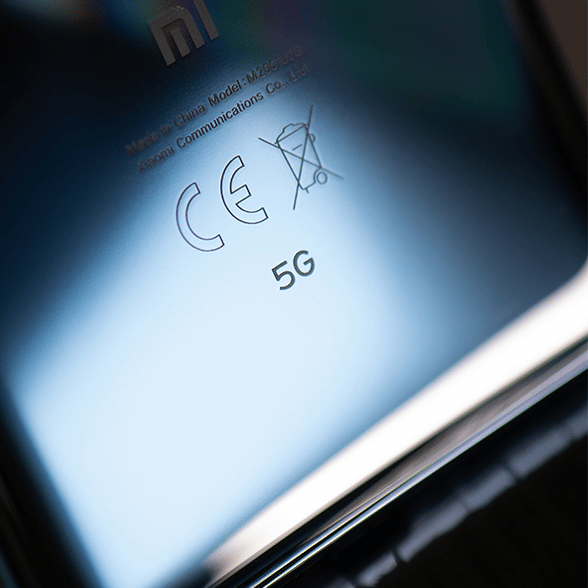 AT&T customers are the most likely to churn to the new T-Mobile created out of the merger of T-Mobile and Sprint, according to new research from market research company SurveyMonkey that was commissioned by Waveform, a provider of cellphone boosters, small cells and distributed antenna systems. Nearly 29% of AT&T customers were interested in switching to the new T-Mobile, including 7.6% who were “very interested,” according to the AT&T T-Mobile churn research.
AT&T customers are the most likely to churn to the new T-Mobile created out of the merger of T-Mobile and Sprint, according to new research from market research company SurveyMonkey that was commissioned by Waveform, a provider of cellphone boosters, small cells and distributed antenna systems. Nearly 29% of AT&T customers were interested in switching to the new T-Mobile, including 7.6% who were “very interested,” according to the AT&T T-Mobile churn research.
The percentage of AT&T customers interested in switching wasn’t dramatically higher than the 25.3% of Verizon customers who were interested in switching. But considerably fewer AT&T customers (37.7% versus 45.7% for Verizon) said they were not interested in switching.
The remaining 33.5% of AT&T customers and 29.5% of Verizon customers said they were “not sure” if they were interested in switching.

The Sprint T-Mobile merger was completed earlier this month.
5G Excitement
Sprint customers are most excited about 5G, according to the research.
Among Sprint customers, 81.5% said they were somewhat, very or extremely excited about 5G, including 22% who were extremely excited. T-Mobile, AT&T and Verizon followed, with 79.9%, 78.8% and 72.6% of customers, respectively, saying they were at least somewhat excited about 5G.
Overall, the percentage of customers who were at least somewhat excited about 5G increased from 62% in 2018 to 75.4% today.
In-Home Cell Signal Quality
Researchers also looked beyond AT&T T-Mobile churn likelihood and into wireless customers’ home cell signal quality and found that fewer users reported having a “very good” signal at home in comparison with similar research conducted two years ago. At that time, 40.3% of respondents said they had a very good signal, compared with just 29.3% in the new survey. That’s a drop of 11 percentage points or about 27%.
Results varied from one carrier to another. Verizon had the best results, with 79% of its customers saying they had a good or very good signal at home, including 38% who said their service was very good. T-Mobile and AT&T virtually tied, with 66% of T-Mobile customers and 65% of AT&T customers saying in-home signals were good or very good, including 24% of AT&T customers and 23% of T-Mobile customers who said signals were very good.
Sprint had the lowest percentage of customers saying signal were good (61%), including 26% who said signals were very good.
It will be interesting to see what happens to T-Mobile’s customer results in the next Waveform survey, as the carrier integrates Sprint’s business with its own.
The research was based on an online survey of 1,065 U.S. adults and used a SurveyMonkey gender and age-normalized panel. The results reflect a nationally representative sample with a confidence/accuracy level of plus or minus 3% to 4%, Waveform said.
Additional details about the AT&T T-Mobile churn research and other areas of the Waveform study can be found at this link.

